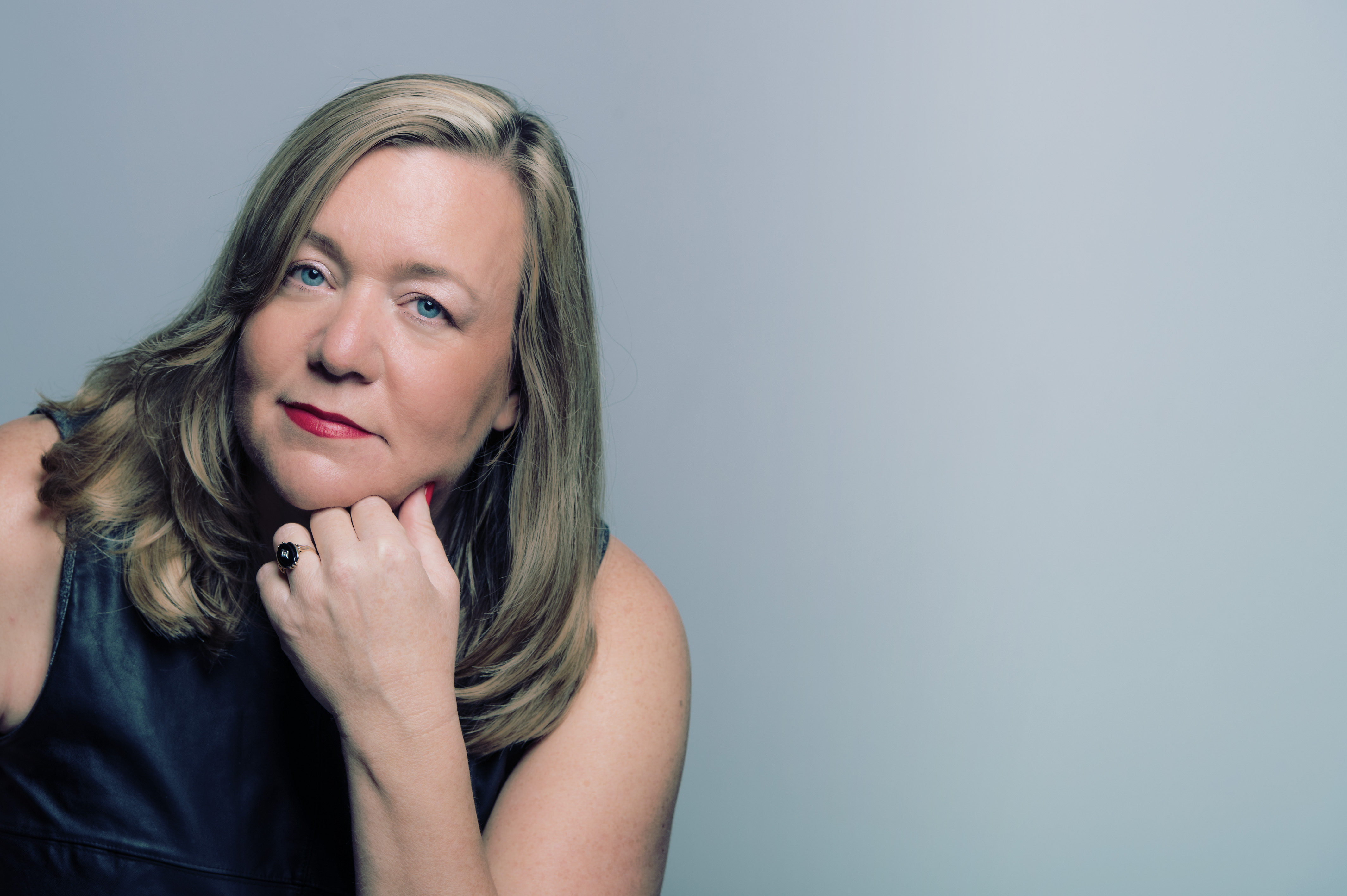Keynote Speeches
It has become popular recently to apply a very basic understanding of supply and demand to markets for sex and love, one in which women are sellers and men are buyers on markets for love. The simplicity of that story may be compelling, but it’s an inaccurate description of how the actual market for sex and love operates; the real economic story is much more elegant and enlightening. Understanding these markets gives us a framework for thinking about how personal relationships are evolving over time. In fact,Marina argues that without consideration of how the markets for sex and love operate, our understanding of modern society is simply incomplete. She shows how properly interpreting love markets is key to understanding everything from the hook-up culture, to the Marriage Revolution, to the widening marriage gap, and all other modern relationship phenomena.
While it may not seem obvious, the economic perspective that sex and love are exchanged on markets can go a long way in explaining the sex lives of university students in a way that is both informative and entertaining. For example, did you know that policies that set minimum drink prices might actually be contributing to risky sexual behaviour? Or that one of the reasons why there is so much casual sex on campus today is because of the increased earning power of college-educated women? Thinking like an economist can even answer many of the questions students are asking themselves; questions like, “If I can’t even get a date in college, am I ever going to get married?” Marina leaves audiences with an understanding how sex on university campuses is influenced by factors beyond their control not only helps student negotiate those markets, but also helps them understand why they, themselves, make the choices they do.
Back in 1967, Canadian Prime Minister Trudeau famously said “There’s no place for the state in the bedrooms of the nation”. Yet, whether they realize it or not, policy makers continue to make decisions that influence our sexual behaviour. They do this when they when they set policies that define marriage contracts, determine how married couples are taxed, restrict the sex trades, and determine the availability of contraceptives, just to give a few examples. Economics allows us to evaluate such government policies using evidence and theory; it allows us to strip away the morality and the politics surrounding these issues revealing the true effects of policy on our personal relationships. Marina shows how the economic approach is absolutely critical to ensuring the health and wellbeing of our citizens and can be used to evaluate a number of government policies (current and proposed) that influence our decisions around sex and love.
Modern Love is All Consuming
Historically, love has been the root of our survival as a species; it encouraged us to form productive marriages that made it possible for each generation to thrive. With the increasing independence of both men and women, however, the economic gains to marriage have diminished dramatically. The end result is that, today, love is less about economics than it has ever been in human history. Yet we continue to marry, not for our survival, but simply because marriage allows us to feel love for, and the love of, another person. Which raises the question, if the purpose of love is no longer to ensure our economic wellbeing, is modern love all consumption? The nature of love might seem like an unlikely topic for an economist, but it is useful to understand how treating love as a commodity is affecting our relationships. Marina argues that this change in perspective is likely to be very good for relationships because it is encouraging us to love consciously; to treat love as an informed decision rather than a flight of fancy
Historically, love has been the root of our survival as a species; it encouraged us to form productive marriages that made it possible for each generation to thrive. With the increasing independence of both men and women, however, the economic gains to marriage have diminished dramatically. The end result is that, today, love is less about economics than it has ever been in human history. Yet we continue to marry, not for our survival, but simply because marriage allows us to feel love for, and the love of, another person. Which raises the question, if the purpose of love is no longer to ensure our economic wellbeing, is modern love all consumption? The nature of love might seem like an unlikely topic for an economist, but it is useful to understand how treating love as a commodity is affecting our relationships. Marina argues that this change in perspective is likely to be very good for relationships because it is encouraging us to love consciously; to treat love as an informed decision rather than a flight of fancy








Similar
Speakers